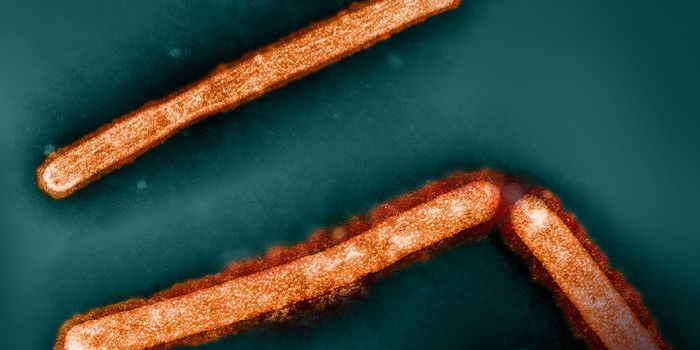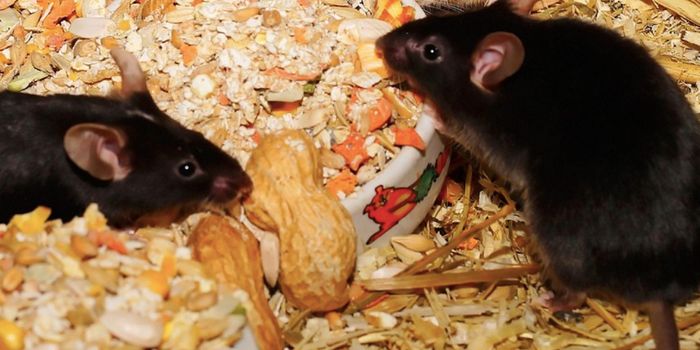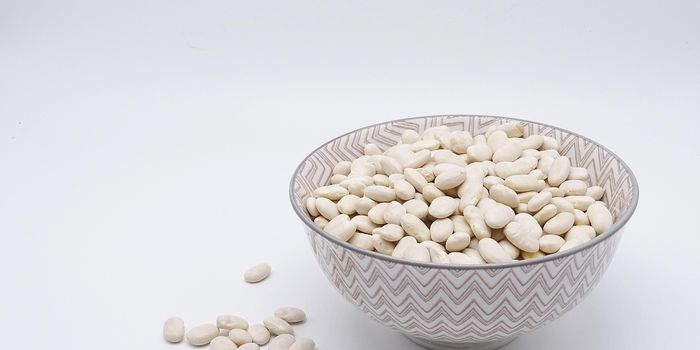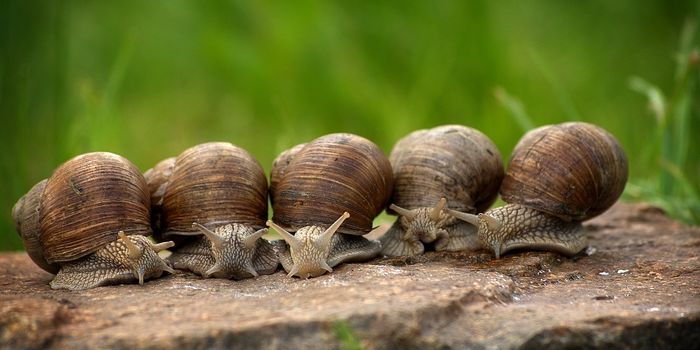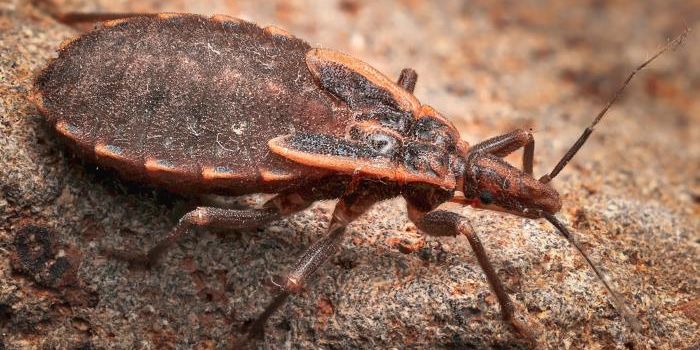Remains of Missing Human Discovered Inside Australian Crocodile
When a senior woman who had dementia went missing in Queensland last week, it sent chills that echoed across the globe. On the other hand, local authorities may have finally solved the mystery behind her sudden disappearance.
Image Credit: Pixabay
After 79-year-old Anne Cameron went missing almost a week ago, articles of her clothing and walking stick found near a creek in the region appeared to paint a disturbing picture of a possible crocodile attack. After all, the evidence seemed to fit the bill.
Authorities began their investigation by baiting crocodiles out of the water, and they captured a 14-foot behemoth near the attack site. Citing Chris Artiemiew from the Department of Environment and Heritage Protection, the crocodile displayed “subtle behavioral differences” that indicated how this was the animal responsible.
Image Credit: Department of Environment and Heritage Protection
A closer analysis of the crocodile’s stomach contents later revealed what resembled human remains, and there was practically no doubt that they belonged to Cameron.
Related: Interbreeding costs the Cuban crocodile its identity
Crocodiles have killed at least two other individuals in northern Queensland in the last year and a half, so Cameron makes three. Unfortunately, those numbers could only rise given the circumstances.
Local crocodiles are repopulating at a rapid pace because of protections put in place in the 1970s to prevent them from being hunted or killed. Authorities are now trying to determine if they should overturn those protections and implement population management to keep crocodile-on-human attacks like these from getting out of hand.
Cameron’s son, Craig Eggins, purportedly doesn’t want to see that happen. As sad as he is for losing his mother in this way, he doesn’t believe we should punish crocodiles for being themselves.
“The crocodiles… are not responsible for being crocodiles, and doing what crocodiles do,” Eggins said.
Related: Sweden to assist Cuba in preserving crocodile species
It’s ultimately up to local wildlife authorities to come up with the best plan to prevent future crocodile on human attacks. At this point, everything is still in the air.



